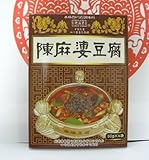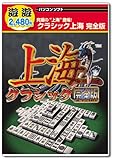
The CIA, Drug Trafficking and American Politics: The Political Economy of War
The CIA supported various Afghan rebel commanders, such as Mujahideen leader Gulbuddin Hekmatyar, who were fighting against the government of Afghanistan and the forces of the Soviet Union which were its supporters. Historian Alfred W. McCoy stated that: "In most cases, the CIA's role involved various forms of complicity, tolerance or studied ignorance about the trade, not any direct culpability in the actual trafficking ... [t]he CIA did not handle heroin, but it did provide its drug lord allies with transport, arms, and political protection. In sum, the CIA's role in the Southeast Asian heroin trade involved indirect complicity rather than direct culpability." In order to provide covert funds for the Kuomintang (KMT) forces loyal to General Chiang Kai-shek, who were fighting the Chinese communists under Mao Zedong, the CIA helped the KMT smuggle opium from China and Burma to Bangkok, Thailand, by providing airplanes owned by one of their front businesses, Air America. Released on April 13, 1989, the Kerry Committee report concluded that members of the US State Department "who provided support for the Contras were involved in drug trafficking... and elements of the Contras themselves knowingly received financial and material assistance from drug traffickers." In 1996 Gary Webb wrote a series of articles published in the San Jose Mercury News, which investigated Nicaraguans linked to the CIA-backed Contras who had smuggled cocaine into the US which was then distributed as ...

The Band Perry - If I Die Young
Music video by The Band Perry performing If I Die Young. (C) 2010 Republic Nashville Records, a division of UMG Recordings, Inc.






